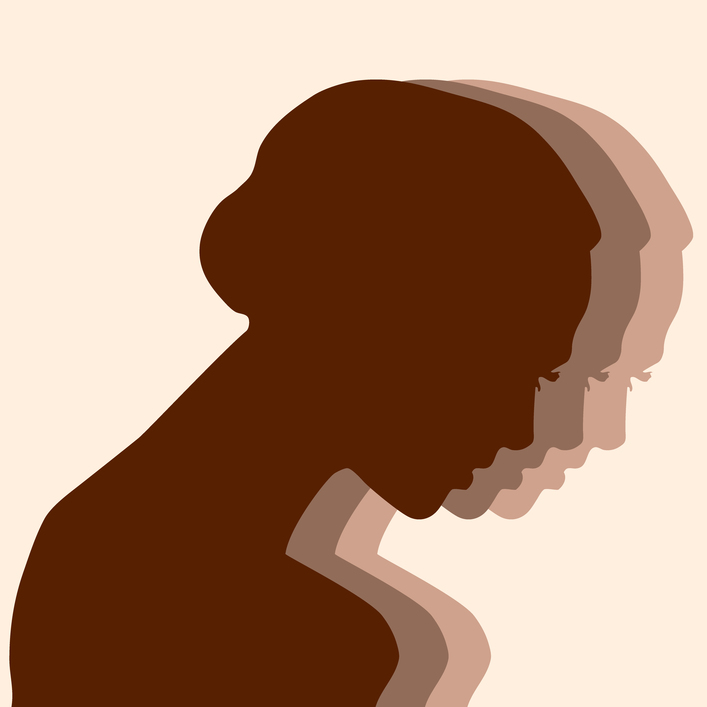Depersonalisation disorder involves the presence of disabling alterations in the experience of self and the environment. This can be described as having strong feelings of detachment from your own body. You may feel that your body is ‘unreal’. Other symptoms can be derealisation and mild identity confusion. Symptoms may also encompass alterations in bodily sensation and a loss of emotional reactivity.
 Depersonalisation is defined in DSM(IV) as an ‘alteration in the perception or experience of the self so that one feels detached from and as if one is an outside observer of one’s mental processes or body’. DSM is the Diagnostic and Statistical Manual of Mental Disorders, the ‘manual’ used most commonly and widely for the diagnosis of mental health disorders.
Depersonalisation is defined in DSM(IV) as an ‘alteration in the perception or experience of the self so that one feels detached from and as if one is an outside observer of one’s mental processes or body’. DSM is the Diagnostic and Statistical Manual of Mental Disorders, the ‘manual’ used most commonly and widely for the diagnosis of mental health disorders.
Onset
The average age of onset of this disorder is typically 22.8years (Baker et al, 2003), while 30% of respondents reported symptom onset occurring before the age of 16.
Usually in the early stages of the disorder, sufferers will experience episodes with periods of some symptom remittance between, however these episodes often become more frequent and debilitating.
Symptoms
Quite often patients report having repeated thoughts like ‘If I’m not really me, then who am I?’ or ‘How can things be real but seem not real.’ These thoughts go round in circles and are fruitless, they may also become intrusive and repetitive. This sort of ‘thinking’ can be accompanied by obsessional self-observation and monitoring which can make the condition worse.
Less commonly depersonalisation disorder patients have reported alterations in perceptions such as an increase in the vividness of colours or that the objects or views that they see are flat and two-dimensional.
Treatment
The treatment of this disorder is generally the same as for all dissociative disorders:
Talking therapy is key to discovering and resolving trauma that may have lead to the disorder.
Medication may be used to treat some symptoms such as anxiety or insomnia or comorbid conditions such as depression, however there is no specific medication for the treatment of depersonalisation disorder.
Self help – reconnecting thoughts, feelings and experiences can be a long process and therapy can give you ways that you yourself can help reconnect these things. Art and creative therapies are great for getting out and recognising emotions, while physical exercise can also be beneficial.





